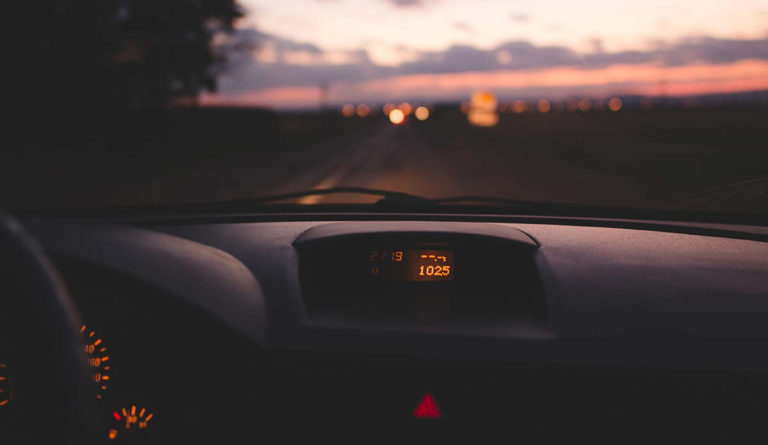Driving While Sleeping
Racial minorities are 2.4 times more likely to have sleepiness-related accidents than White drivers. Researchers studied the underlying personal and social health factors that influence drowsy driving.

Read Time: 3 minutes
Published:
Drowsy driving causes over 32,000 automobile accidents and 64,000 deaths every year in the United States. Racial minorities are 2.4 times more likely to have a sleepiness-related accident than White drivers. The causes of these racial discrepancies are not clearly understood. A research team from the University of Pittsburgh studied the underlying personal and social health factors that influence drowsy driving. The researchers used survey from the Behavioral Risk Factor Surveillance System (BRFSS) to estimate how sleep quality and other health-based behaviors influence drowsy driving accidents.
BFRSS is an annual random-digit telephone survey conducted by the CDC that collects a wide range of population health data. Genuardi and colleagues analyzed responses to the following question: “During the past 30 days, have you ever nodded off or fallen asleep, even just for a moment, while driving?” They analyzed data from 193,776 White, Black, and Hispanic adults who participated in the survey between 2009 and 2012. Responses were then analyzed looking at six factors that might influence the relationship between race and drowsy driving: health care access, alcohol consumption, risk-taking behaviors, and sleep quality on the race/drowsy driving relationship.
Four percent of respondents reported falling asleep while driving. Black and Hispanic respondents were two times more likely to report falling asleep at the wheel than White respondents. Being male, obese, and snoring were also significantly associated with drowsy driving. Accidents related to poor sleep quality were higher among Black respondents. Access to health care, alcohol use, and risk-taking behaviors (such as seat belt use) did not change the odds of falling asleep while driving.
Some of the findings were in keeping with past research. Men are more likely to engage in risk-taking behavior, and drive when feeling sleepy. The relationships between snoring and heavy weight was also not surprising given that both are both linked to obstructive sleep apnea, which can cause daytime sleepiness due to restless sleep.
At a neighborhood level, there are measurable differences of quality of sleep between Black and White communities. From a community level, Black and Hispanic individuals are referred to sleep centers at lower rates than White peoples, which can prevent or delay a person’s ability to get treatment for sleep apnea. Excess weight and obesity are also tightly bound to food insecurity and low income, which disproportionately impact communities of color, in part due to systemic racism present in the USA.
Photo by Anton Darius | @theSollers on Unsplash



